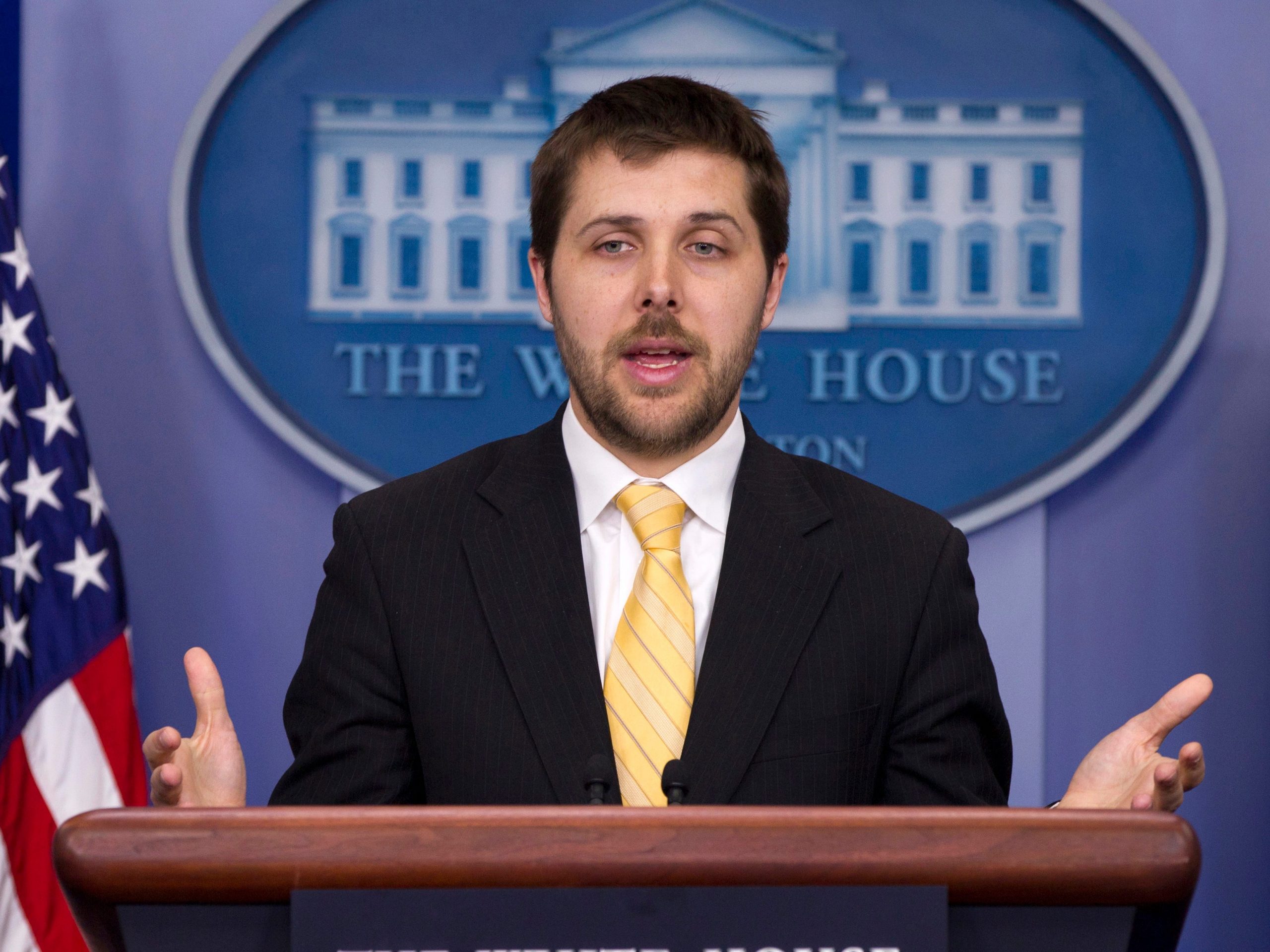
AP Photo/Carolyn Kaster, File
- Only those making over $1 million dollars a year will see their capital gains tax rate increase.
- Brian Deese, director of the National Economic Council, spoke about the tax hike in a briefing.
- Deese said the increase is not only fair, but could help address tax avoidance.
- See more stories on Insider's business page.
Brian Deese, director of the National Economic Council, said in a White House briefing on Monday that proposed increases to capital gains taxes will only affect taxpayers making over $1 million every year.
"This change will affect taxpayers making more than $1 million a year," Deese said. "In 2018, three-tenths of 1% of tax filers made more than a million dollars a year."
The Biden administration has reportedly been eyeing a nearly doubling of the capital gains tax rate, bringing it up to 39.6% with an additional 3.8% Obamacare tax tacked on. Capital gains taxes are applied to assets, like stocks, that make a profit, and are taxed at a lower rate than wages and other forms of income. Currently, gains on long-term assets – which have been held for over a year – are taxed at around 15% or 20%, Insider's Tanza Loudenback reports.
The capital gains tax rate is also income dependent, with the highest-earning Americans still generally paying around 20%.
Now, the 0.3% might see their rates increase under Biden, with their capital gains profits taxed like wages. Deese said about 70% of the typical American's income comes from their wages, but it's the opposite for those making over $1 million a year, who derive 30% of their income from wages.
Deese also noted that that's potentially an understatement, since the wealthy "can often strategically avoid reporting this type of income entirely." IRS Commissioner Charles Rettig recently testified that over $1 trillion in taxes may be going uncollected every year, citing a study from IRS researchers and economists that found the top 1% could be hiding.
"We believe that it's not only fair, but it would also help to reduce the kinds of tax avoidance that significantly undermines trust and fairness in the tax code itself," Deese said. He also noted that academic and empirical evidence has shown "there is no evidence of a significant impact of capital gains rates on the level of long-term investment in the economy."
Deese's remarks are a fresh sign of a key federal revenue source to finance the education and childcare elements of Biden's two-part infrastructure plan: wealthy Americans.
White House Chief of Staff Ron Klain defended the proposed tax hike on investors Friday, tweeting that it would only hit a sliver of Americans. The capital gains tax increase is expected to be coupled with one in the top marginal income tax rate as well, to 39.6% from 37.6%.
-Ronald Klain (@WHCOS) April 23, 2021
"The principle here is to equalize the treatment of ordinary income and capital gains, and that is a principle that's neither new or particularly novel," Deese said. "In fact, the last president to enact a reform to equalize the treatment of ordinary income and capital gains was President Reagan, who did so while raising capital gains taxes as part of the 1986 tax reform."
Press Secretary Jen Psaki repeatedly declined during her press briefing on Monday to preview other parts of the plan ahead of Biden's joint address to Congress in two days. Neither she nor Deese clarified whether the $1 million threshold on capital gains would apply to individuals or households. Similar lack of clarity existed for some time over the $400,000 threshold on an income tax increase, until Psaki eventually clarified that it referred to households, not individuals.